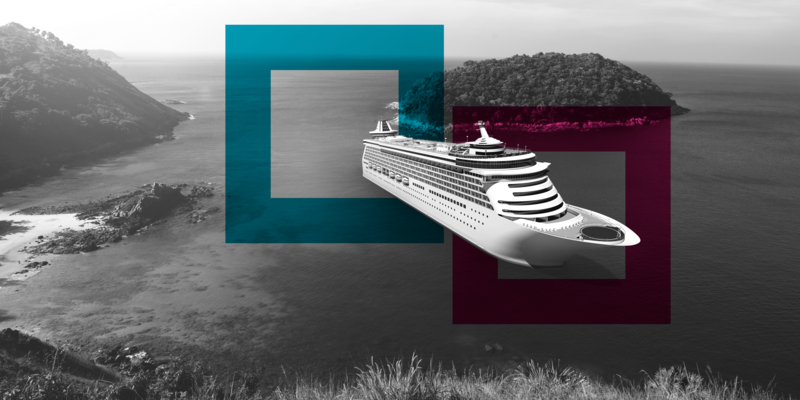Managing health of crew onboard commercial vessels
A seafarer’s life is anything but ordinary. Long hours, isolation from loved ones, unpredictable weather and relentless schedules—these elements define life onboard a commercial vessel. Amidst this relentless environment, ensuring the health of crew members isn't just a nice-to-have; it's a necessity for operational safety and performance.
For shipowners, maritime managers and crew alike, understanding the critical role of onboard health management is more relevant than ever. This guide explores what it takes to maintain crew health, dives into the challenges at sea and highlights how technology is reshaping health monitoring and support onboard vessels.
The importance of managing health onboard
When crew members are in optimal health, the entire vessel benefits. Productivity improves, risks of accidents decrease, and emergency medical evacuations can typically be avoided. The International labor Organization (ILO) recognizes this with conventions like the Maritime labor Convention (MLC), requiring that crew have access to adequate health care.
But maintaining crew health isn’t just about adherence to regulations. For seafarers, who often spend months at sea, proactive health management boosts morale, reduces incidences of mental health issues and fosters an environment where workers feel valued and supported. This isn’t just good practice—it’s essential for sustainable operations.
Key challenges of keeping crew healthy
Maintaining health at sea is no small task. The maritime industry presents unique challenges that make health management complicated.
1. Limited access to immediate medical care
Unlike working ashore, crew members don’t have access to hospitals or clinics. Medical emergencies require on-the-spot solutions, often limited to telemedicine support or pending evacuation to the nearest port.
This means that preventable illnesses or chronic conditions managed poorly can escalate into more significant health crises. With medical emergencies accounting for significant risk and cost to shipping operations, finding effective ways to address health at sea is critical.
2. Mental health struggles
Isolation, stress, fatigue and long separations from family are major contributors to mental health issues among crew members. Studies reveal that seafarers suffer disproportionately from anxiety, depression and burnout. Left unaddressed, mental health challenges can affect performance and decision-making ability, directly impacting the safety of operations.
3. Poor nutrition and lifestyle habits
Access to fresh produce and balanced meals can be a challenge onboard vessels. Add to this a lack of regular exercise (owing to limited space) and long hours of sedentary work, and you have a recipe for poor physical health. Lifestyle-related conditions like obesity, heart disease and diabetes are increasingly common among seafarers.
4. Lack of awareness
Often, healthcare issues on vessels stem from a lack of awareness or education. Crew members may not be familiar with preventative practices or signs of health decline, leading to late intervention for what might otherwise be manageable conditions.
5. Regulatory and logistical complexities
Staying compliant with the health standards outlined in the Maritime labor Convention involves logistical hurdles. Shipowners and managers must ensure that every vessel is stocked with sufficient medical supplies, maintain proper medical records for the crew, and coordinate with specialized healthcare providers for emergencies.
Prioritizing crew health for better operations
Healthy crew members are the foundation of safe and efficient vessel operations. The maritime industry’s growing adoption of technology is helping to overcome traditional barriers to effective health management. With tools ranging from wearable devices to telemedicine, shipowners and managers have an array of options to ensure their crew receives the care they deserve.
If you’re a maritime manager or shipowner, investing in your crew’s wellbeing isn’t just a regulatory need—it’s a strategic advantage. Better health onboard translates to better morale, efficiency and compliance, all contributing to smoother operations.
With almost a decade in marketing and the past 2 dedicated to the safety and compliance software space, Darrin specialize in crafting strategies that drive engagement, elevate brand visibility, and support mission-critical solutions. He is passionate about turning complex products into clear, compelling stories—and helping teams grow along the way.


